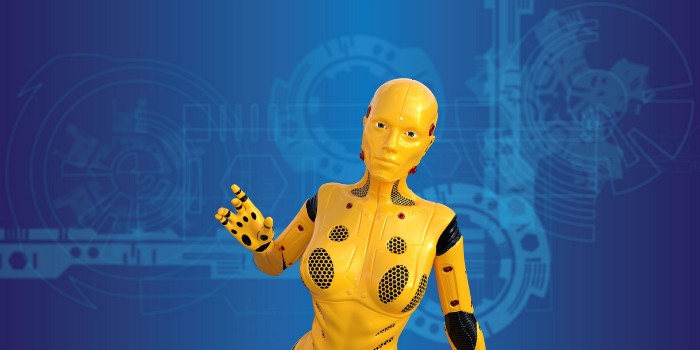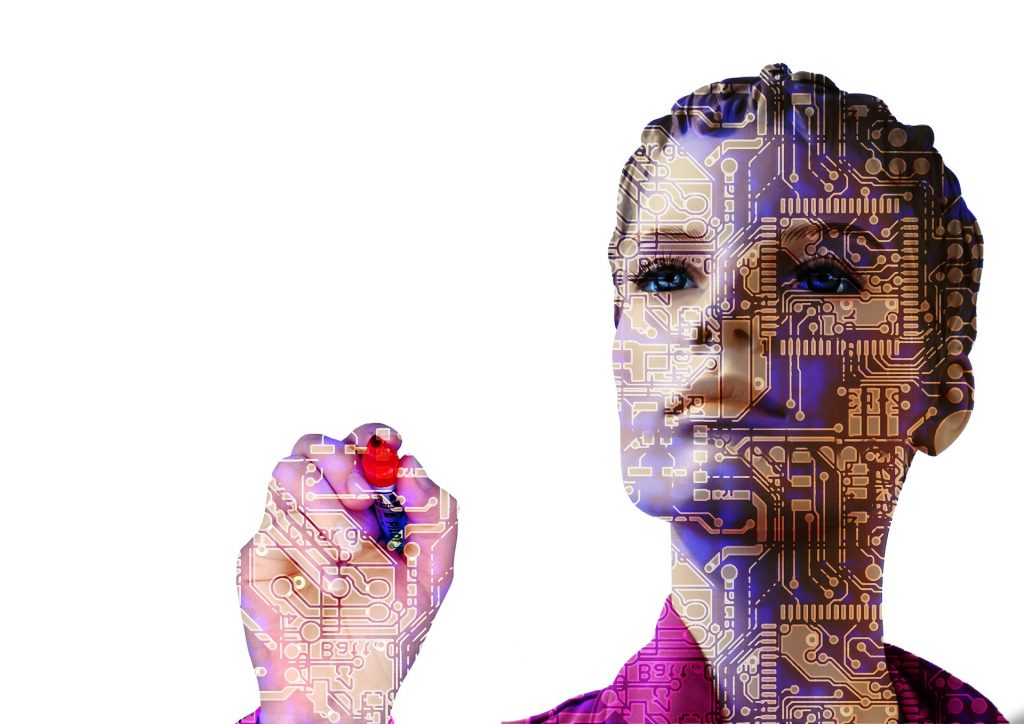Can ML replace all decision logic? Traditionally, software developers used logical gates or decision trees to make choices in code. When the criteria are met, the system can make a decision without human input. One of the uses for Machine Learning is to allow the software to make decisions without hard-coded logic or semantic-based algorithms. …
Author: Michael Eydman
How Emerging Technologies Are Transforming Businesses
Advances in emerging technologies have created an environment ripe for inventors and entrepreneurs seeking to create innovative solutions and products which are designed to improve and better existing business processes. The role of Digital Transformation can be thought of as a process facilitating the shift towards more efficient and productive ways of doing things. In this article, we will review some of the more recent advancements in emerging technologies which are helping businesses transform their operations.
Metacognition – how to deal with derailing agendas
The word Meta comes from Greek and it means a change or beyond. The meaning of Cognition is more obvious, it represents our thinking. Metacognition refers to an ability to think beyond your current thought process or to change your thought while it occurs. I prefer to think of it as a skill that allows …
Systems Thinking
Systems Thinking is not about systems or even about technology, although its origins started in that domain. Systems Thinking is about seeing the world from a 30,000 foot view. The idea behind this concept started in information management, where technologists needed to understand the full big picture in order to design individual parts of a …
The Future of Personal Digital Assistants
oday, an average person can have over a dozen individual tasks that need to be completed in any single day. Food shopping, going to work, making dinner, picking up kids from school, going to the gym, seeing a stylist, planning a vacation, doing homework, and so on. As our lives get busier and more fast-paced, we start to rush through things, which often results in lower attention to detail and subsequent less than optimal results.
Is it Time to Switch to Conversational UI?
How to Adopt New Technology
The process by which organizations and people adopt technology is a well-studied phenomenon, yet a lot of organizations operate seemingly in the dark without a proper methodology or model, often leaving them with tools which have little use or systems which are nearing the end of their lifespan soon after they are launched. It’s no …
Can AI Improve Marketing Outcomes?
Marketing industry has been one of the first areas where digitization and automation have taken place. As internet usage exploded and the number of digital advertising channels has grown to large proportions, it became obvious that marketers needed complex and effective tools to help them manage things like media buying, user analytics, consumer journeys and …
Smart Chatbots and Virtual Assistants are Coming!
Recent advances in machine learning and artificial intelligence have created an environment ripe for inventors and entrepreneurs seeking to create automated chat engines which can almost mimic human behavior. Since Microsoft first released Clippy, their Office Assistant, professionals everywhere have been realizing the beneficial potential of a virtual assistant. Nowadays, most prominent websites feature some kind …
Will AI Make Your Company Better?
Myths about artificial intelligence (AI) have made many professionals fearful about how their roles may be impacted. However, this is not an entirely new phenomenon. Major shifts in productivity have occurred in the past, usually coinciding with industrial revolutions, and indeed these shifts did transform entire professions. Eventually, AI may affect almost every occupation, but …






